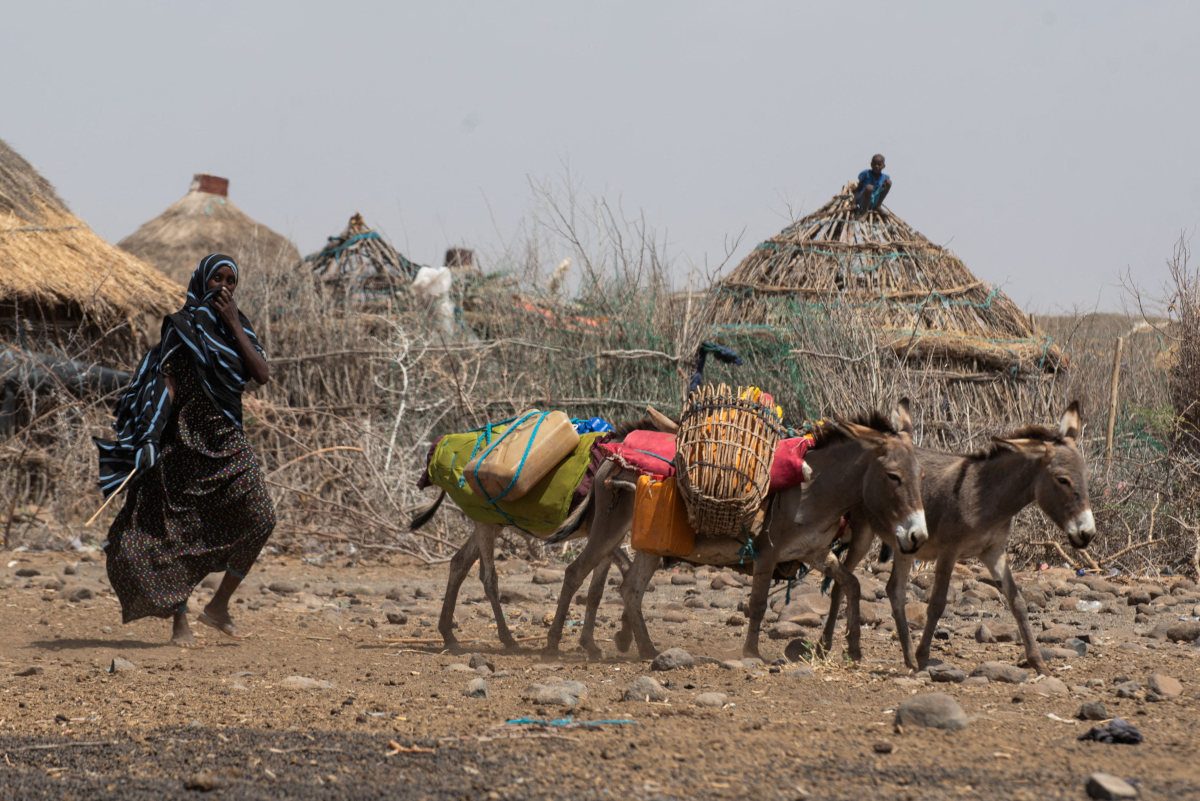SUMMARY
This is AI generated summarization, which may have errors. For context, always refer to the full article.

MEXICO CITY, Mexico – Climate change will accelerate humanitarian crises around the world in 2023, adding to the issues created by armed conflict and economic downturns, according to a study by the NGO International Rescue Committee (IRC).
The agency, based in New York and led by former UK politician David Miliband, flagged that the number of people in humanitarian need has skyrocketed in the last decade, approaching 339.2 million versus the 81 million seen in 2014.
Climate change is among the key factors accelerating humanitarian emergencies, the IRC noted, despite the fact that the 20 countries on its emergency watchlist – like Haiti and Afghanistan – contribute just 2% to global CO2 emissions.
“2022 has shown that the role of climate change in accelerating the global humanitarian crisis is undeniable,” the report noted.
It pointed to record-long periods of rains, which has “brought catastrophic food insecurity to Somalia and Ethiopia,” and killed thousands in Pakistan.
The IRC also flagged to need to more “proactively invest in climate change prevention and mitigation.”
Meanwhile, food insecurity is already rife due to growing conflict as well as the economic crisis sparked by Russia’s invasion of Ukraine and the coronavirus pandemic, it said.
In addition, the gap between humanitarian needs and its financing has grown to a global deficit of $27 billion as of November 2022.
“Donors are failing to respond proportionately,” the report said. “The result is that communities affected by the crisis are unable to access the services they need to survive, recover and rebuild.”
The study – titled “Emergency Watchlist 2023” – also highlighted that the number of people forced to flee their homes has risen to more than 100 million today, up from 60 million in 2014, with Venezuela among the biggest drivers. – Rappler.com
Add a comment
How does this make you feel?
There are no comments yet. Add your comment to start the conversation.